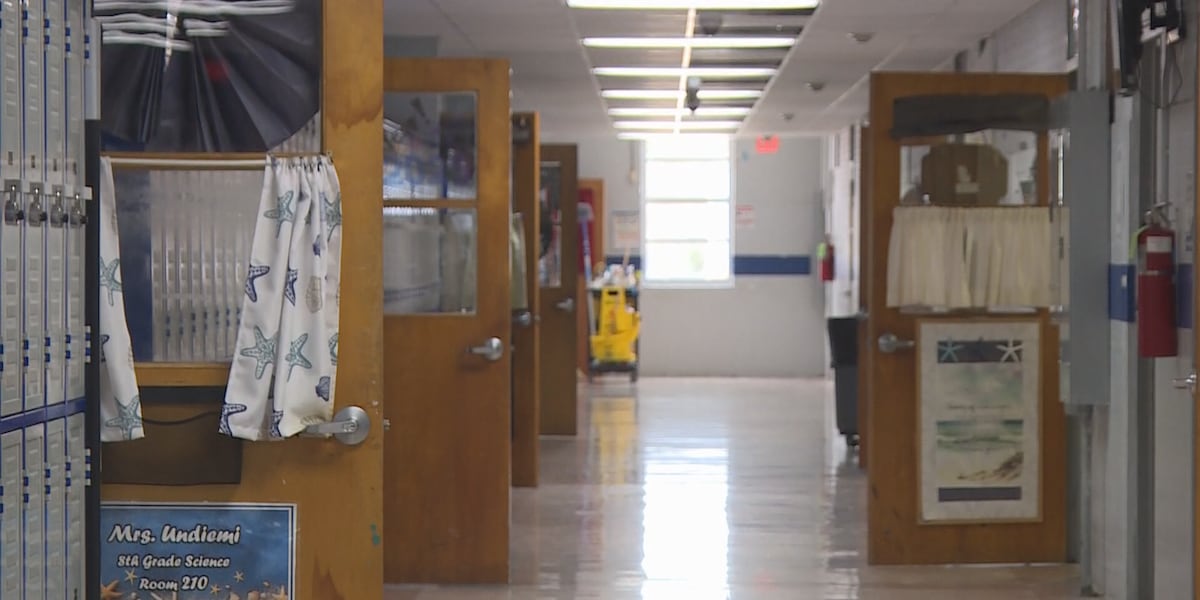Back to School Blues? Singapore Parents' Guide to Supporting Your Child's Mental Wellbeing

The school bell is ringing, and while many students are buzzing with excitement, others might be feeling a mix of nerves, anxieties, and even a little dread. It's completely normal! As Singapore kids head back to school, parents play a crucial role in supporting their mental wellbeing. We speak to a clinical psychologist to understand what to expect during this transition and offer practical tips to help your child thrive.
Why the Back-to-School Jitters?
The return to school isn't just about academics; it's a significant life change. Your child might be worried about:
- New School Year, New Challenges: Increased workload, tougher exams, or new subjects can spark anxiety.
- Social Dynamics: Navigating friendships, dealing with peer pressure, or feeling left out are common concerns.
- Changes in Routine: Adjusting back to a structured schedule after a relaxed break can be disruptive.
- Performance Pressure: The pressure to excel academically can be overwhelming, especially for high-achieving students.
What Parents Can Do: A Practical Guide
Here's how you can help your child navigate this transition with confidence:
- Open Communication is Key: Create a safe space for your child to express their feelings without judgment. Ask open-ended questions like, “What are you most looking forward to about school?” or “Is there anything you’re worried about?”
- Acknowledge and Validate Their Feelings: Don't dismiss their concerns. Instead, acknowledge that their feelings are valid. Saying things like, “It’s okay to feel nervous about trying something new” can be incredibly reassuring.
- Re-establish Routine Gradually: Don't try to jump back into a strict schedule all at once. Gradually reintroduce bedtimes, mealtimes, and study routines in the week before school starts.
- Encourage Healthy Habits: Ensure your child is getting enough sleep, eating nutritious meals, and engaging in regular physical activity. These habits contribute significantly to mental wellbeing.
- Focus on Strengths and Achievements: Remind your child of their past successes and highlight their strengths. Help them build confidence by focusing on what they do well.
- Connect with School Support Systems: Familiarize yourself with the school's counselling services and support staff. Don't hesitate to reach out if you have concerns.
- Model Healthy Coping Mechanisms: Children learn by observing. Show them how you handle stress and challenges in a positive way.
When to Seek Professional Help
While some anxiety is normal, it's important to seek professional help if your child exhibits any of the following signs:
- Persistent sadness or withdrawal
- Significant changes in sleep or appetite
- Difficulty concentrating
- Frequent complaints of physical symptoms (headaches, stomachaches)
- Thoughts of self-harm
Supporting your child's mental wellbeing during the back-to-school transition is an investment in their overall success and happiness. By creating a supportive environment and fostering open communication, you can help them thrive both academically and emotionally.






